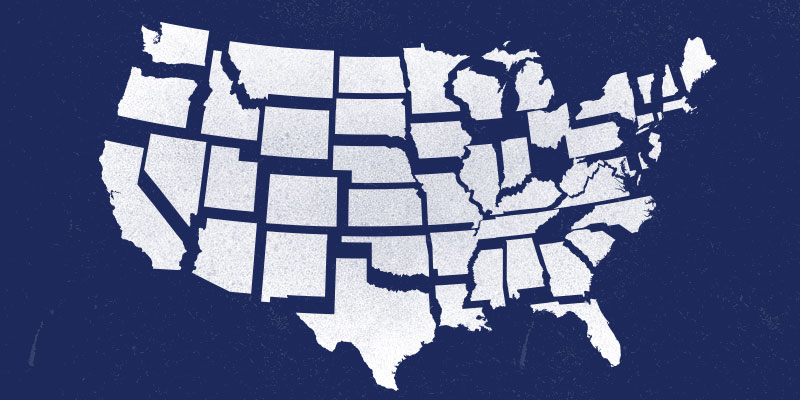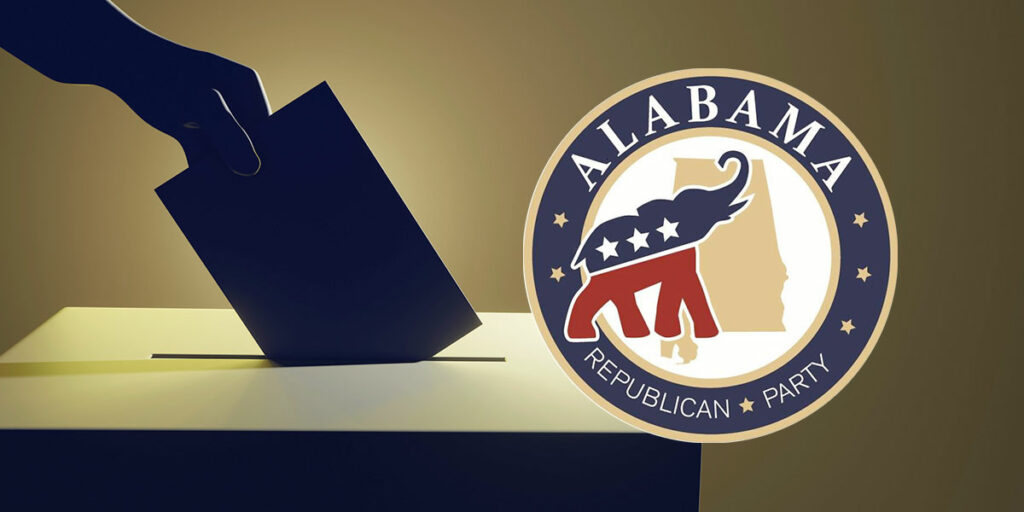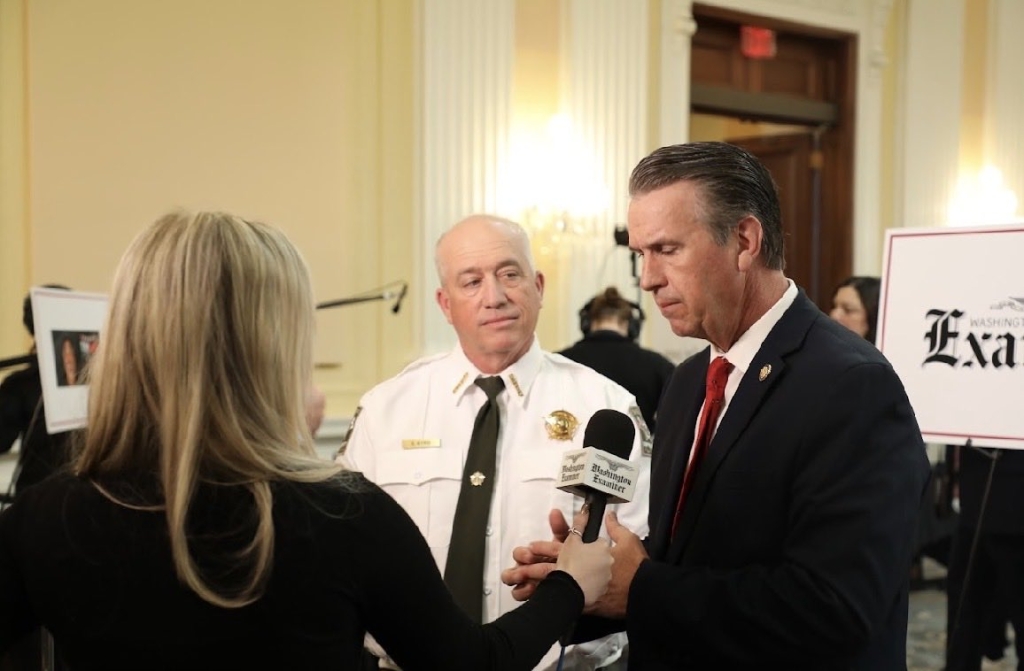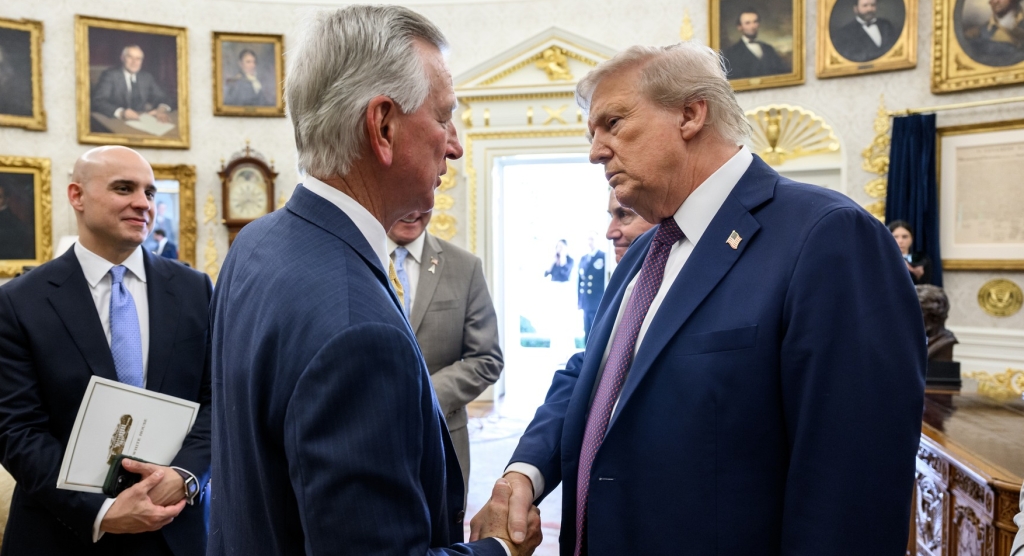Alabama and other states have recently passed new laws restricting or criminalizing abortion to challenge the Supreme Court’s 1973 landmark decision in Roe v. Wade in the wake of Justice Kavanaugh’s appointment. America’s founders saw a role for federalism in managing disagreements. But recent abortion, same-sex marriage and transgender bathroom controversies raise doubts whether federalism can still help us today.
The U.S. Constitution established a federal republic, with multiple levels of government (the states and the national government) which are not entirely subordinate to the other. Constitutional provisions like selection of Senators by the state legislatures were intended to preserve the co-equal status of the states, while the 10th Amendment reserved powers not explicitly delegated to the national government for the states.
Economists often discuss fiscal federalism, or the location of tax and spending policies within the federal structure. Local governments should make policies with primarily local effects, with wide-ranging policies reserved for the national government. Schools, streets, and parks primarily impact local communities, so local governments can decide spending and funding for these programs.
Federalism also enables the so-called “laboratory of the states,” letting states experiment with innovative new policies. This limits the costs of unsuccessful experiments and allows emulation of successful experiments. Plus, garnering enough political support for an experiment is more likely in one state than nationally.
Democracy involves non-violent resolution of political conflict. The losing politician, faction or party must “accept” election results, meaning not resorting to violence, intimidation, or coercion. Democracy also guarantees the opportunity to peacefully change policy through argument and election campaigns.
State policy variation on contentious issues facilitates this peace. If the U.S. has one policy on abortion or same-sex marriage, the disfavored side might get fighting mad. Geographic variation provides an alternative to a compromise policy acceptable to all Americans. And for persons on the losing side of an issue, changing policy only requires changing minds in one state, not the entire nation.
Fiscal federalism also in a sense manages political conflict. Alabama and Massachusetts, for example, can run different Medicaid programs instead of fighting to agree on one system.
I’m not a lawyer, but my understanding is that should the Supreme Court overturn Roe, it would be for a federalism solution, not to ban abortion nationally. Federalism helps because citizens disagree about moral values and the corresponding government policies. The correct view on abortion or same-sex marriage (my views, of course!) may be less important for democratic peace than how we deal with those who disagree. Others are likely just as convinced of the correctness and morality of their views.
I am unsure if Americans would accept federalism on divisive issues today. We increasingly see all moral issues as involving fundamental human rights. America was founded in liberty; the Constitution was designed to protect the fundamental rights of individuals, which should not be violated for any reason. Federalism is inappropriate to secure fundamental rights; the Civil Rights Act and Voting Rights Act rightly ended tolerance for discrimination by states based on race. Tolerating dissenting views requires that we afford others respect, and that the values questions do not involve fundamental rights.
Both conservatives and liberals might wish to set themselves up as moral dictators and make everyone live by their values. The idea of having a moral dictator of course becomes frightening if you may not be the dictator. But even if you are guaranteed to be the dictator, will those who disagree accept your dictates? Fighting to defend the fundamental rights essential to freedom is understandable; yet, are all moral questions worth fighting over?
Liberal democracy requires agreement among citizens on the value of freedom. And yet disagreements are inevitable. America’s Founders understood how federalism could keep our disagreements from escalating to prevent cooperation based on shared values. Today’s polarization suggests that liberals and conservatives may no longer respect each other enough for the Founders’ design to serve us.
Daniel Sutter is the Charles G. Koch Professor of Economics with the Manuel H. Johnson Center for Political Economy at Troy University and host of Econversations on TrojanVision. The opinions expressed in this column are the author’s and do not necessarily reflect the views of Troy University.













